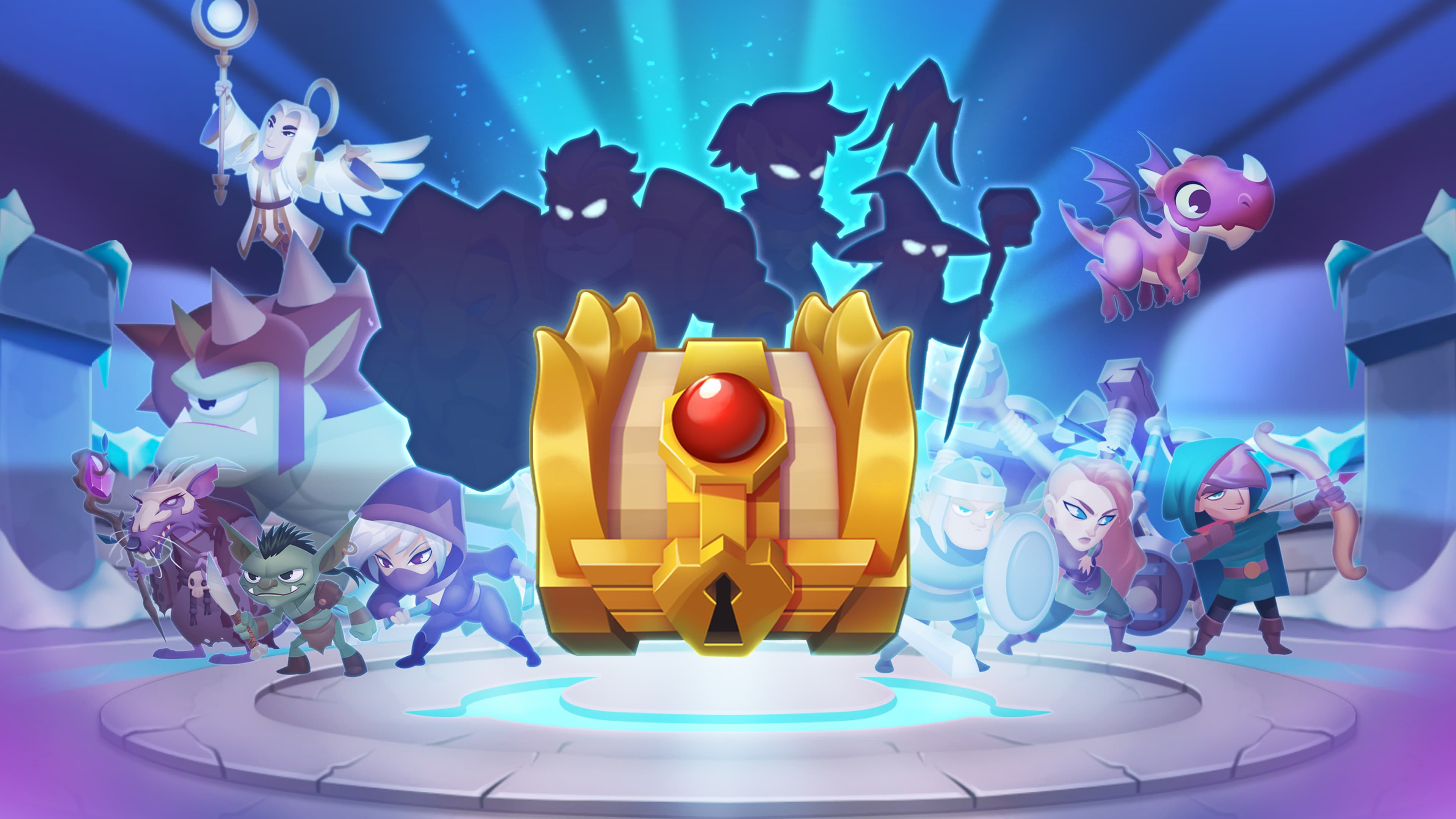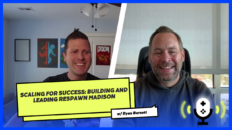Prepping for Game Launch
In this episode of the Player Engage podcast, host Greg Posner interviews Ivan Zaguirre from Socialpoint. Ivan shares his nine-year journey at Socialpoint, discussing his various roles and the recent release of their new game, Top Troops. Ivan emphasizes the importance of understanding the gaming audience and tailoring the product to their tastes and preferences. He also highlights the significance of metrics in measuring success and making data-driven decisions. Ivan touches on the challenges of product management in the gaming industry and the need for effective communication and alignment within teams. He concludes by encouraging aspiring product managers to embrace the role and prioritize early product-market fit and audience feedback.
Overall, this episode provides valuable insights into the product management process in the gaming industry, highlighting the importance of metrics, audience understanding, and effective communication. Listeners gain a deeper understanding of the challenges and strategies involved in creating successful player experiences.

Game Launch Strategies
Launching a game is both an exciting and challenging endeavor. To navigate this crucial phase effectively, we’ve compiled a comprehensive guide, inspired by insights from our podcast episode with Ivan. Here’s a step-by-step breakdown for a successful game launch:
Master Your Game Launch: Begin with in-depth target audience research to tailor your game to their preferences. Develop a multifaceted marketing plan involving social media, influencer partnerships, and community engagement. Ensure thorough testing for a bug-free experience across platforms. Employ effective App Store Optimization techniques to enhance visibility. On launch day, execute a coordinated marketing blitz including press releases and influencer collaborations. After launch, focus on gathering user feedback for continuous improvement, regularly updating the game, and maintaining open lines of communication with your player base. Utilize data analytics and key performance metrics to guide post-launch strategies and optimize your game’s success.”

1. Pre-Launch Preparation:
- Define Your Target Audience: Conduct market research to understand their preferences and expectations.
- Develop a Marketing Strategy: Include social media campaigns, influencer partnerships, press releases, and community engagement.
- Set Clear Goals: Establish objectives for downloads, revenue, or user engagement.
- Thorough Testing: Ensure the game is optimized and bug-free across platforms and devices.
- Build a Landing Page: Create a central hub for all game information and updates.
2. Building Hype:
- Teaser Trailers and Gameplay Footage: Generate excitement and anticipation.
- Community Engagement: Interact on social media, forums, and gaming communities.
- Exclusive Incentives: Offer early access, beta testing, or in-game rewards.
- Developer Diaries and Q&A Sessions: Deepen connection with your audience.
3. App Store Optimization (ASO):
- Keyword Research: Identify relevant, high-ranking keywords.
- Optimize Listing: Refine the game’s title, description, screenshots, and video preview.
- Encourage Reviews: Boost credibility and app store ranking through user feedback.
4. Launch Day:
- Execute Marketing Activities: Coordinate social media posts, press releases, and influencer collaborations.
- Monitor Performance: Stay on top of app store rankings and user feedback.
- Customer Support: Engage with players and provide prompt assistance.
- Launch Event: Organize a virtual event or live stream.
5. Post-Launch Support and Updates:
- Monitor Feedback: Regularly check player reviews and feedback.
- Regular Updates: Keep the game fresh with new content.
- Transparent Communication: Maintain trust through open dialogue.
- Contingency Plans: Be prepared to address any technical issues.
6. Post-Launch Marketing:
- Leverage User-Generated Content: Use positive feedback in marketing materials.
- Influencer Collaborations: Reach a wider audience through partnerships.
- Targeted Advertising: Adapt campaigns based on initial performance data.
7. Data Analysis and Iteration:
- Analyze Performance Metrics: Look at user retention, engagement, and monetization.
- Adapt and Pivot: Make informed decisions for future updates or strategy shifts.





